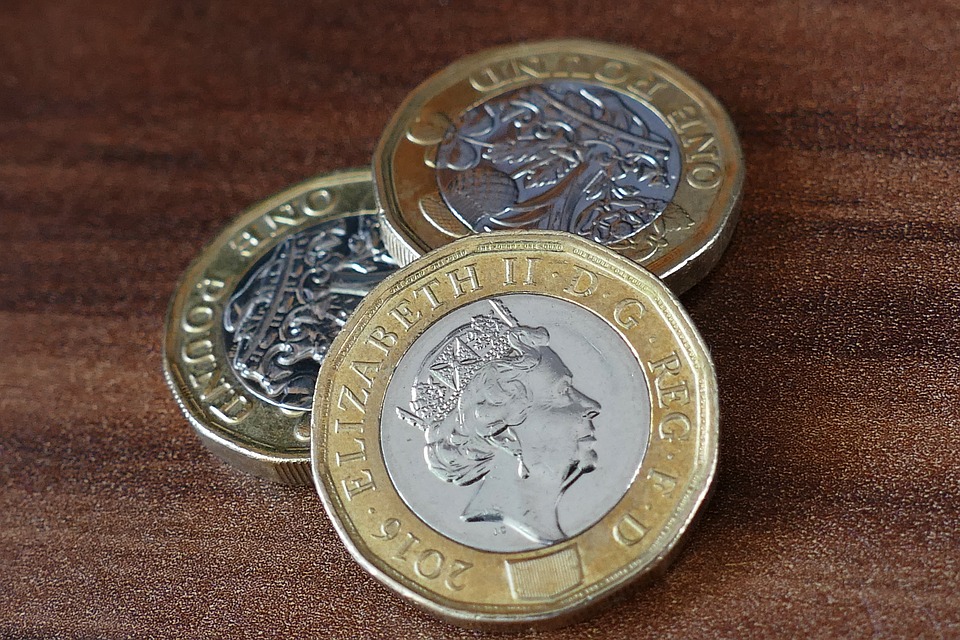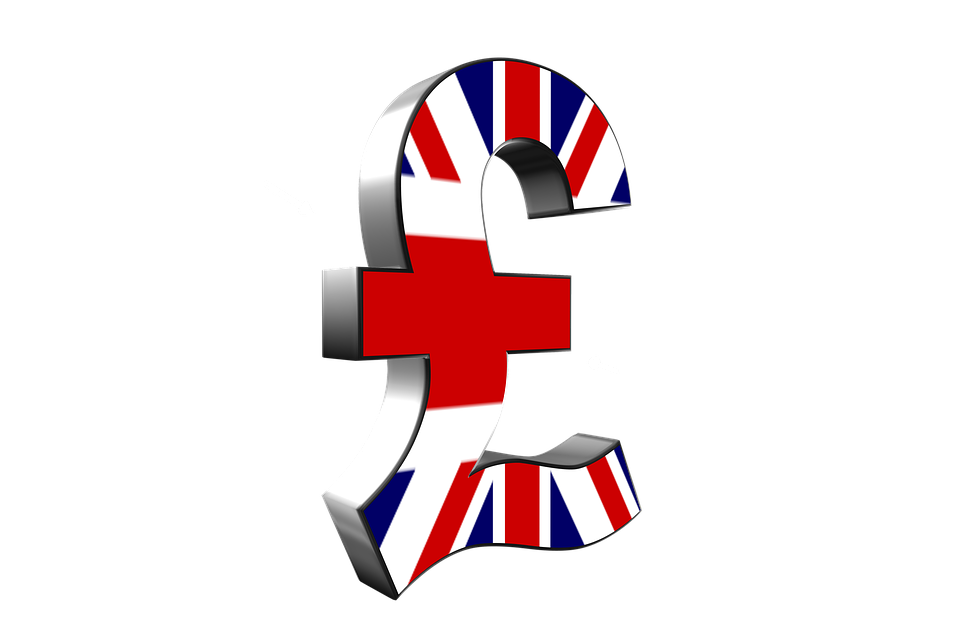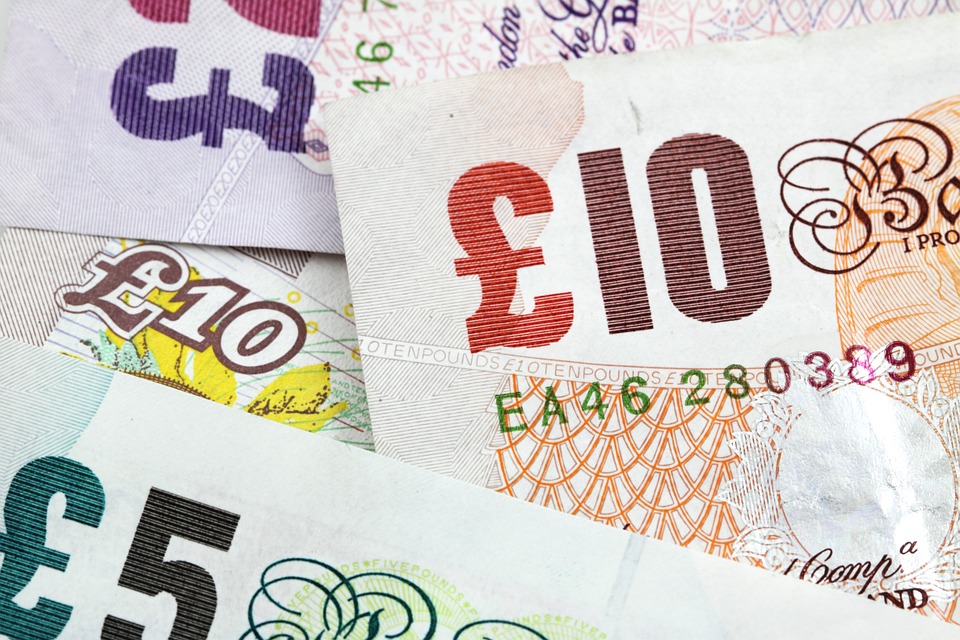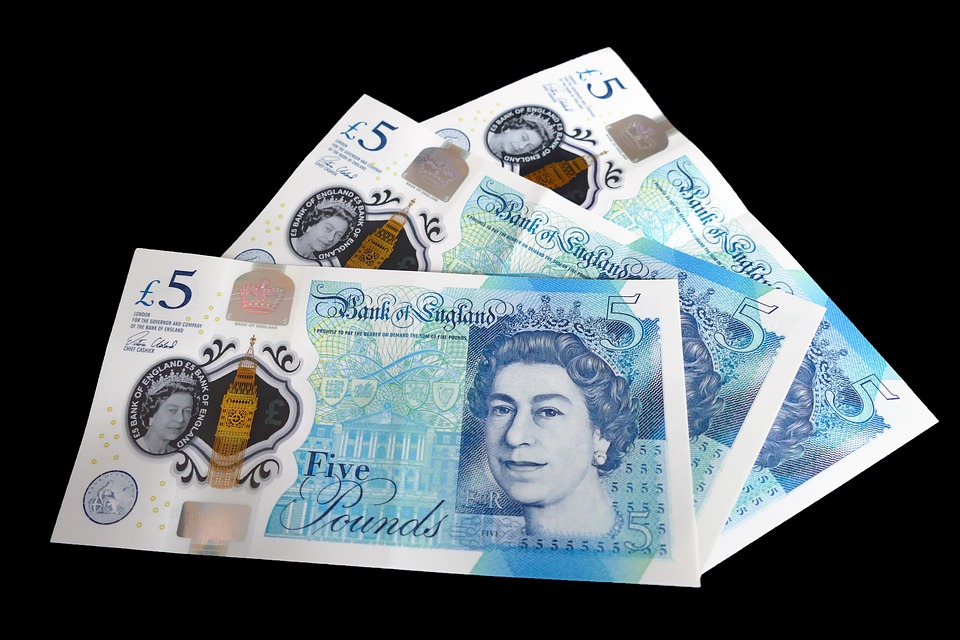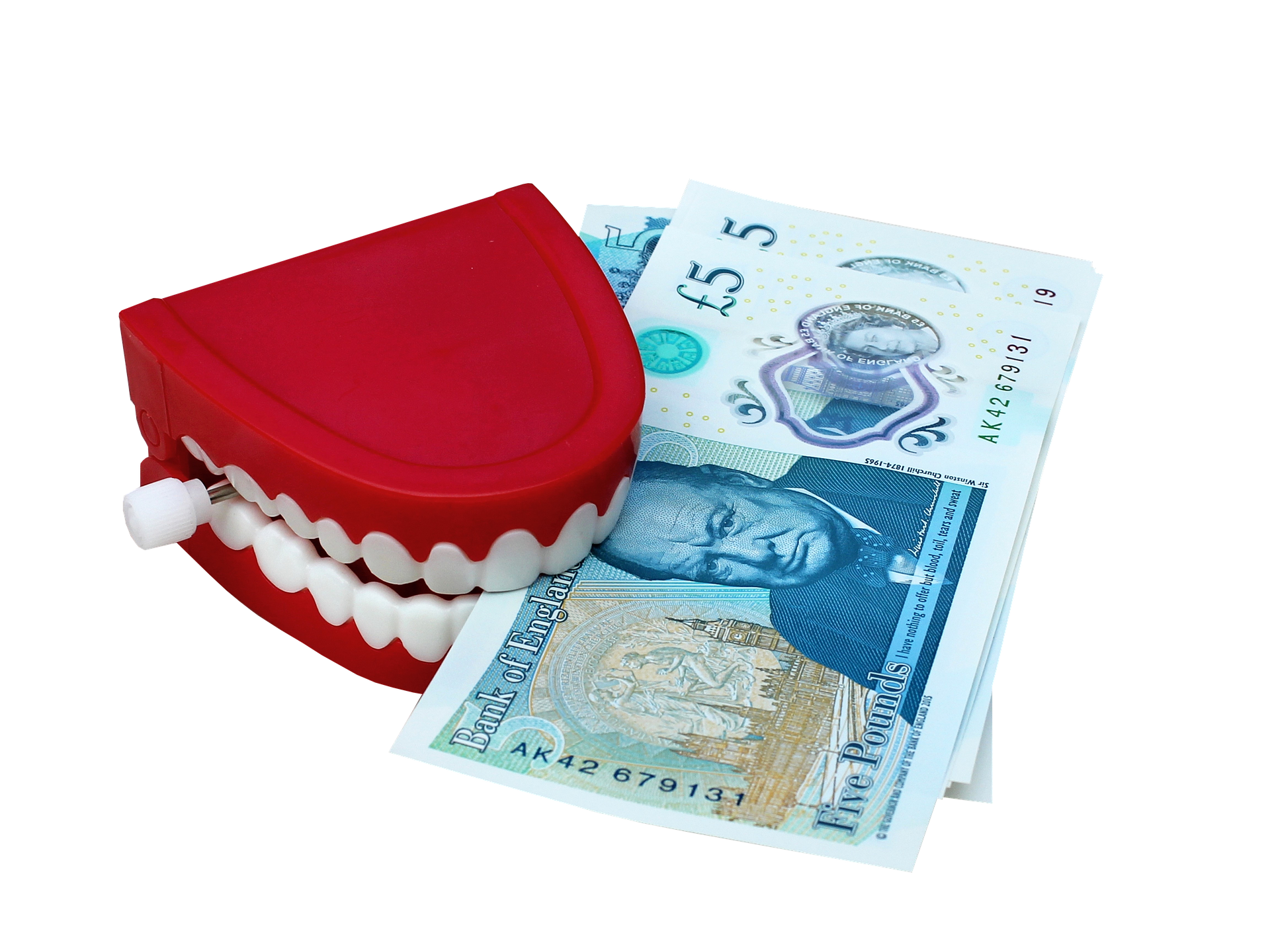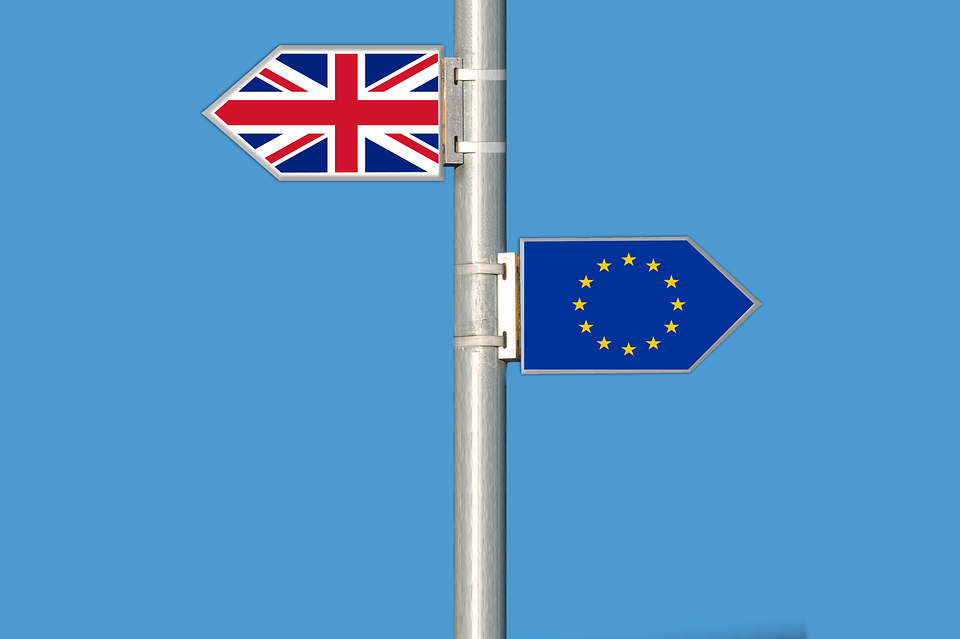Researchers at Barclays describe the British Pound’s recent performance as “resilient” as they anticipate the currency to continue outperforming key peers over coming weeks and months.
Gains for the currency come amidst ongoing expectations for a February rate hike at the Bank of England, easing Covid-19 cases and a lack of concern shown by investors to the woes befalling Prime Minister Boris Johnson.
Barclays says in a regular weekly currency market briefing that the Pound was the best performing G10 currency in the first week of 2022, helped by a positioning unwind and expectations for a February interest rate hike.
They find further outperformance can be expected should these two themes continue to play out over coming weeks.
The market now anticipates a ~75% chance of a second rate hike coming from the Bank of England at the February 03 policy meeting, odds of which have in turn been boosted by expectations for a more ‘hawkish’ U.S. Federal Reserve in 2022.
As Pound Sterling Live noted here, expectations for a ‘faster and sooner’ Fed rate hiking cycle provides the Bank of England with welcome cover to pursue its own rate hiking agenda.
Inflation in both the U.S. and UK are at multi-year highs and policy makers have warned the pandemic-driven boost to prices are not as transitory as they and many economists had anticipated at the start of 2021.
Therefore the market thesis, for now at least, appears to be that higher interest rates in the U.S. means higher rates in the UK, in turn supporting Pound Sterling.
To find out more about how we can assist you with your Second Charge Mortgage please click here
A February rate hike at the Bank of England would be the second lift in just two months. But how many hikes will be delivered in 2022 in total could prove to be a crucial determinant of how high the Pound can go.
“The Bank of England’s surprise December rate hike caused an immediate repricing of further near-term rate hikes. However, the rates market has historically struggled to price in a terminal BoE rate much above 1%,” says Erick Martinez, FX Strategist at Barclays.
Martinez says the start of 2021 has seen markets solidify pricing for the February and May 2022 meetings but, more importantly, succeeded in pricing in an extended hiking cycle, “with the GBP OIS curve significantly higher at the three-year maturity”.
Another driver of Sterling outperformance is repositioning amongst investors, finds Barclays.
According to CFTC data – the most widely referenced data set showing how currency participants are positioned – GBP positioning is still net short and was at its most extended in 19 months heading into the new year.
When the market is heavily ‘short’ against a currency a counter-trend shock can force these positions to unwind, creating a technical momentum that delivers further gains.
Investors will likely continue to exit the net short position built up against the Pound over coming days and take the market to a more balanced state.
But it would only be when a net ‘long’ position builds up – as was seen in the first part of 2021 – would positioning begin to become a headwind for the UK currency.
For now Barclays says the path of least resistance for Sterling is higher in the near-term.
“We continue to expect GBP to perform well in the coming week as these drivers gain further traction,” says Martinez.
Barclays hold a 2022 forecast profile for the Pound to Dollar exchange rate of 1.33 for the end of the first quarter, 1.37 for the end of the second quarter, 1.40 for the end of the third quarter and 1.42 for the end of 2022.
Their forecast profile for the Pound to Euro exchange rate is 1.15 for the end of the first quarter, 1.16 for the end of the second quarter, 1.18 for the end of the third quarter and 1.19 for the end of 2022.
The greater returns against the Dollar are explained by their against-consensus view that the U.S. Dollar will struggle in 2022.
“Positioning suggests that long USD is the consensus trade for the beginning of the year. However, consensus trades have historically performed poorly during the first quarter. Against market consensus and positioning, we continue to expect modest USD depreciation over 2022,” says Martinez.
Data from the CFTC shows the market remains ‘long’ on the Dollar, a position adopted by the market as far back as mid-2021 when the currency started to outperform peers in anticipation of a withdrawal of stimulus at the Federal Reserve.
Investor expectations for ‘more of the same’ in 2022 appear intact at the start of the year but the risk is that such crowded positioning in fact acts as a headwind to further upside.
Barclays finds that since 2013 consensus trades during the first few months of the year only performed well in 2015 (short EUR/USD) and modestly well during the beginning of last year (the reflation trade).
“This could be the result of crowded positioning, as markets had already pre-positioned for those trades at year-end,” says Martiznes.
Barclays hold a thesis that coming months will see a positive backdrop for risk and commodities and subsiding safe haven demand as the Omicron wave burns out.
Bond yields on U.S. government debt have soared to multi-month highs at the start of 2022 as investors price in up to four interest rate hikes at the Federal Reserve over the duration of the year, as well as the commencement of quantitative tightening.
Typically such dynamics would be positive for the Dollar as they imply greater returns for foreign holders of such assets.
But Barclays hold a view that U.S. rates will remain rangebound, underpinning “our moderately bearish USD outlook,” says Martinez.
Written by Gary Howes
Source: PSL
Discover our Second Charge Mortgage Broker services.

